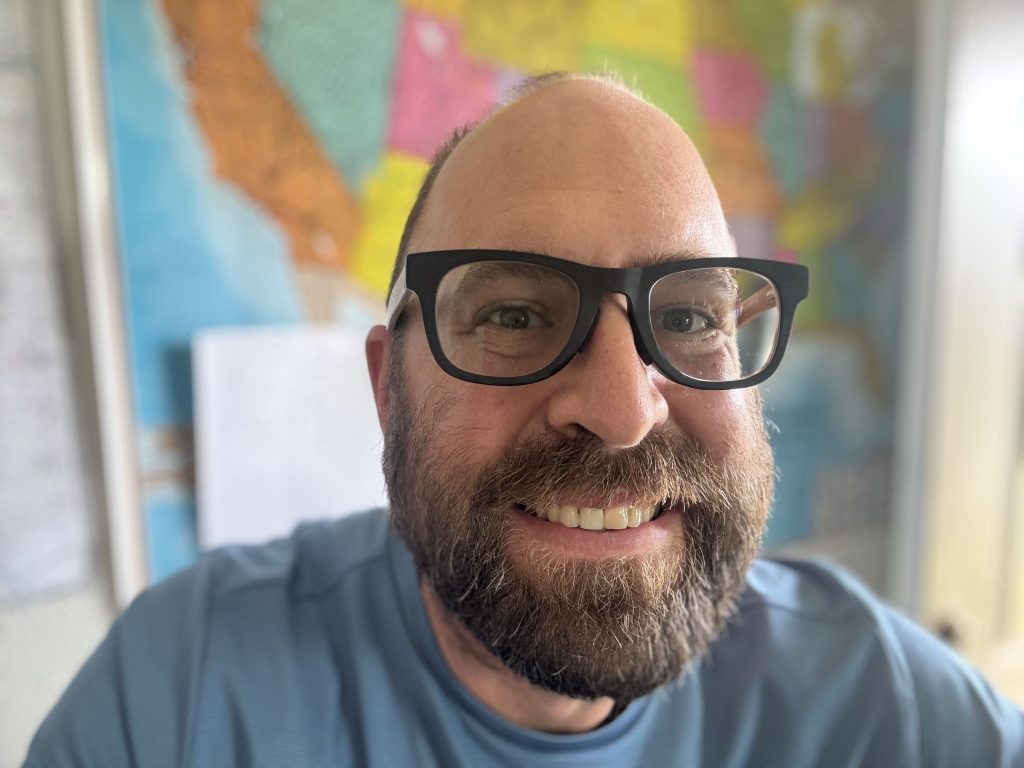
Most people don’t wake up in the morning thinking about dopamine. I do.
For me, dopamine isn’t just a buzzword thrown around in wellness blogs — it’s the invisible tide that shapes my moods, my focus, and my addictions. It’s the reason I can get locked into endless scrolling, chain-smoking in the past, or chasing one more drink. And it’s the reason recovery hasn’t just been about willpower — it’s been about rewiring my whole brain.
What It Feels Like to Run Low on Dopamine
Imagine starting every day with the volume knob on life turned down. Food tastes dull. Music doesn’t hit the same. Conversations feel muted. It’s not depression exactly — it’s more like existing in grayscale while everyone else seems to live in color.
That’s what a chronically low dopamine baseline feels like.
So when I found things that lit me up — alcohol, nicotine, kratom, marijuana — the rush felt magical. I wasn’t just chasing pleasure; I was chasing normalcy, the sense of being alive and connected. But as addiction science tells us, every spike comes with a crash. And with my kind of brain, those crashes dug me deeper into the hole I was trying to climb out of.
The Science Behind My Struggles
Through years of evaluations, brain scans, and genetic testing, I’ve learned that I carry some of the biological cards stacked against me:
- Lower baseline dopamine tone — my brain literally produces or regulates dopamine less efficiently than average.
- ADHD-Inattentive type — tied to dopamine signaling deficits in the prefrontal cortex.
- Trauma and PTSD — living in survival mode burns through dopamine reserves.
- MTHFR genetic variant — makes it harder for my body to synthesize neurotransmitters like dopamine in the first place.
So no wonder I reached for substances. My nervous system was starving.
Meeting Roxy: My IFS Part Who Loves the Rush
In Internal Family Systems (IFS) therapy, we learn to meet our inner parts — the different voices and subpersonalities that carry our pain, our protectiveness, and our coping strategies.
That’s how I met Roxy.
Roxy is my thrill-seeker, my dopamine-hungry part. She’s the one who whispers, “Just one hit, just one drink, just one more… you deserve it.” She’s not evil. She’s not broken. She’s a protector who learned that the fastest way to turn the lights on in my dull, gray world was through a substance.
In IFS, I don’t try to exile Roxy. I try to listen to her. To thank her. To remind her that I understand why she did what she did. And to show her there are gentler, more sustainable ways to feel alive.
Recovery as Dopamine Repair
Recovery for me isn’t just about saying no to substances. It’s about slowly teaching my brain to make its own dopamine again and to find joy in smaller, slower, healthier doses.
- Wellbutrin and VNS therapy help nudge my dopamine circuits awake.
- Omega-3s, B12, magnesium, zinc give my brain the raw materials to build neurotransmitters.
- Long distance walking and photography are like weightlifting for dopamine — the gains are slower, but they last longer.
- Connection with my daughters, my community, my peers in recovery — that’s the deepest dopamine I’ve ever known.
I still hear Roxy. She still craves the rush. But together, we’re learning that aliveness doesn’t have to come from a bottle, a pill, or a pipe.
Why I’m Writing This
I’m sharing this because too many people still believe addiction is about moral failure or lack of discipline. For some of us, it’s about living in a body that is wired for low dopamine. That doesn’t excuse the harm I’ve caused in my addiction, but it explains the powerful gravitational pull I’ve had to fight against.
And it gives me compassion — for myself, for Roxy, and for anyone else out there who feels like they’re chasing color in a gray world.
If you’re struggling too:
You’re not broken. Your brain may just be working with different chemistry. Healing isn’t about silencing your dopamine-seeking parts — it’s about listening to them, understanding them, and helping them find safer ways to shine.
Do you need an ally? A trusted guide through your recovery? Please reach out!